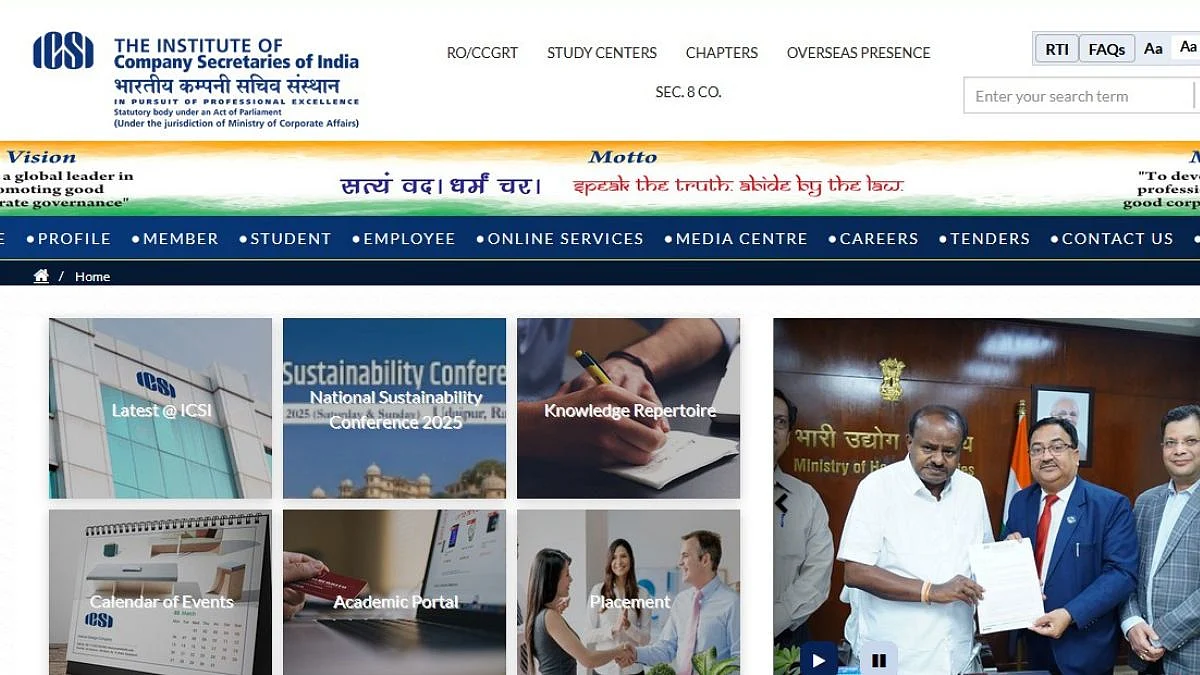From phones which have become an essential part of everyday life, to sophisticated military systems, almost every key technology relies on semiconductors. The global microchip shortage led to a production loss for carmakers and even delayed gaming console shipments, while a semiconductor unit triggered a political storm between state governments.
The man who first brought these silicon chips to the market, Gordon Moore has now bid adieu to the world.
But the man who set the benchmark for the progress of computing to the world, had a turbulent start himself and had to shift focus from his initial motivation.
Growing alongside the global tech hub
Born in San Francisco in 1929, Moore grew up in Redwood City just a 17-minute drive away from present-day Silicon Valley.
He became fascinated with chemistry after observing a neighbour's work, and had a PhD in physical chemistry by 1954, when he reached his mid-20s.
He initially found work at Johns Hopkins University and started researching solid rocket propellants, but moved back home due to lack of passion.

Reinventing himself before inventing Intel
Moore then turned to electrical engineering and joined Shockley Semiconductor Laboratory in Palo Alto, founded by the transistor's co-inventor.
There he created a solid-state process to add required impurities to silicon wafers for higher efficiency.
But Moore left the firm along with some of his colleagues citing micromanagement by Shockley, and founded the Fairchild Semiconductor company.
His work at Fairchild included the launch of the first integrated circuit, and the formulation of the Moore's law.
This law which first predicted doubling of processing power every year and then changed the time to two years, became a guiding principal for the tech industry.

Never held back by management constraints
Once again feeling stifled due to the management's interference, Moore and his colleague Robert Noyce moved to Santa Clara and foudned Intel in 1968.
From scaled chipset production, Intel later moved on to making microprocessors, which act as a brain for modern computational devices.
Moore led Intel as vice president and CEO for almost 20 years, before stepping down in 1987 and became Chairman Emeritus of the board a decade later in 1997.
He finally retired in 2006, leaving a lasting legacy and a company which commands a 75 per cent market in the microprocessor market even today.
Having laid the foundation for the personal computer revolution that came decades later, Moore's name is right at the top among tech innovators with the likes of Steve Jobs and Bill Gates.











